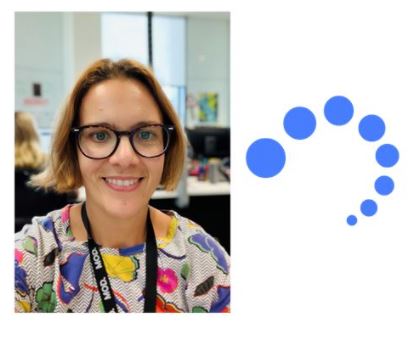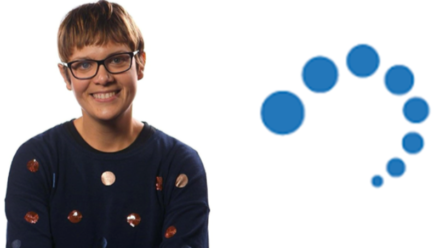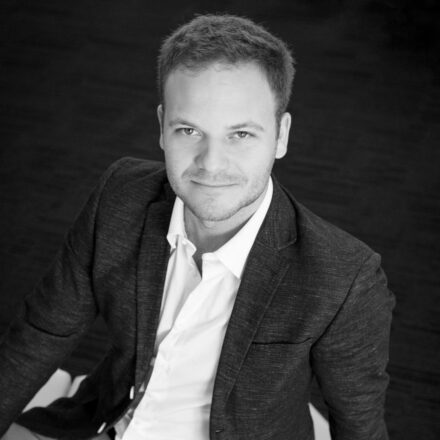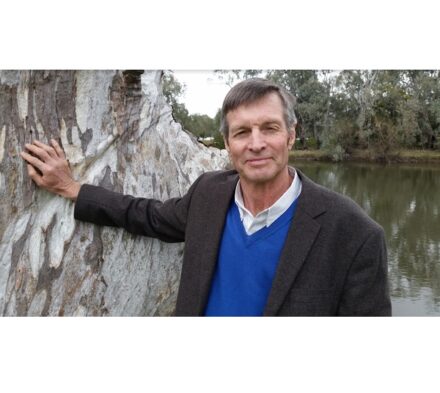
-The Earth has a future whether humans want it or not. The question I am focussed on is: do we? (Julian Cribb).
Brief background:
Julian Cribb is an Australian science writer, the author of nine books and over 9000 media articles. He is a Fellow of the Australian Academy of Technological Sciences and Engineering, the Australian National University Emeritus Faculty and the British Royal Society for the Arts (FRSA).
Why did you choose to study science?
A: My degree is in Homeric Greek, so I didn’t study science – but having a bit of Greek and Latin is a big help in translating scientific words, and the philosophy of science owes its origins to the Greeks. However, I was always fascinated by science and, in my first career as an agricultural journalist, I found myself reporting a lot of science – animal science, soil science, ecology, agronomy, weather, climate etc. I wrote my first climate change story back in 1976! In the 1990s The Australian asked me to come and work for them (again, I had worked there before) and asked me what I wanted to report on. I said science, because the opportunities for a news journalist in science are limitless (as distinct from politics, economics etc which repeat themselves constantly). I was their science editor for 5 years and thoroughly enjoyed it. While on the Oz, I was the first western journalist into Chernobyl after the disaster – but that is a story in itself. I’m glad I don’t work there today, as the Oz has abandoned any attempt to report science objectively and often seeks to distort it nowadays. But in my days the editors were better and the political agenda was less stark.
Looking back now, what has been the best part of your career in SciComm?
A: Interacting and learning from a couple of thousand of Australia’s most brilliant and gifted researchers was a joy and a true privilege. In my journalistic career, I have published over 9000 media articles on science and, as a communicator issued more than 3000 science media releases. I hope that that has helped inform many people about the scientific knowledge they need for a better life.
I was the first president of ASC when we founded it in 1994 – and I’m grateful to my colleagues who shared the vision that science communication embraces a wide range of professions – journalism, teaching, research, marketing, social media and so on. It is the craft of transmitting our most precious commodity, human knowledge, safely, truthfully and widely.
I thoroughly enjoyed heading CSIRO’s National Awareness unit, 1996-2002. We doubled the agency’s media coverage and changed the ethos. However before I took that job I demanded an assurance from the Chairman and CEO that I could report the science – not promote the organisation. Too many science organisations fall into the ugly trap of self-promotion, and forget that what really builds their reputation is the quality and relevance of their science. I had a great team of communicators at CSIRO who shared my view we should be getting the science out there, to the people who could use and benefit from it, not doing PR for the institution.
Having said that, the best time was the 15 years I spent running my own science communication business. I worked for over 100 different organisations including most of the CRCs, quite a few CoEs and universities, the Commonwealth and several State governments, several foreign governments, the UN and big international corporations like Rolex and Rio Tinto. It took me around the world, as a communicator and a speaker, and was a real buzz. The true pleasure lay in the diversity and range of the science I was handling on a daily basis, as well as the thrill of learning new discoveries at first hand.
Where has your career led you?
A: To my final career in trying to save humanity from the consequences of its own catastrophic mistakes.
Having spoken to thousands of scientists and technologists over more than 4 decades, I have garnered an immense amount of interesting and valuable evidence-based information. I realised after a time that I held more pieces of the puzzle in my hands than most scientists – because they are generally focussed on their own particular disciplines and areas of expertise. But they have given me the big picture. As a science writer, I knew much less than they did about the detail – but I had a larger overview. And I knew where to go to find out the detail. I am sure that people like Robyn Williams and Karl Kruszelnicki would agree that being a science communicator is a very special privilege and a pleasure because you can scan the whole of tested human knowledge and share it with others.
About ten years ago I began meeting a lot of scientists who were very dispirited about the future and the prospects for humanity. Ecologists and climatologists especially. Every day they had to deal with data that told them the world was going to hell in a handcart, and it depressed them. Furthermore, if they spoke out, they got belted over the head by the government or business, who didn’t like hearing ‘bad news’. Science was being forced into a dark corner and gagged by vested interest in politics and commerce. So I decided to do what a science communicator does best – pull together most trusted science I could find and interpret it for the ordinary citizen so they could (a) understand the problem and see how large it was and (b) try and do something to overcome it.
The result is a series of science books, four published and another due out on April 21, describing aspects of the existential emergency that faces humankind – and what we can do about it. This is an emergency that will almost certainly destroy civilization within the lifetimes of young people today, and under certain conditions may even obliterate our species. All the books are based on the best science and the most trustworthy scientists and institutions I can find, but written in plain language that anyone can follow. Importantly, they also explain the solutions to these catastrophic risks – what we must do both as a species and as individuals to avoid disaster and build a better, cleaner, safer and more wholesome world.
If you ask me: am I optimistic? my reply is, no. How could any rational person be optimistic in the face of such overwhelming evidence? But there is room for hope, if we act now, and we act together. The longer we delay, or allow others to mislead us about the scientific facts, the worse the ultimate collapse will be. However, early prompt action can save billions of lives. Not millions, billions. And that is what keeps me going.
I’m a grandad, and I am fighting for my grandchildren’s future on this Planet. As they say, beware of an old man in a hurry…
What excites you most about your work?
A: The fact that I shall probably fail. It makes me try harder.
In recognition of this, together with John Hewson, Bob Douglas and Paul Barrett we have formed the Council for the Human Future, https://humanfuture.org/ a not-for-profit alliance of scientists and concerned citizens whose aim is to awaken the world to the existential crisis it is facing, and work together to devise solutions and a road forward. You could say our job is science communication – getting the science to the world, and helping people think their way to the answers. One thing that is absolutely vital is to realise that there are not one or two big threats, like climate or nuclear war, but TEN, which collectively constitute the existential emergency. They are all coming together at the same time and cannot be solved one by one. They must all be solved together, and in ways that make none of them worse. There is no point in fixing the climate if we let the other nine risks destroy us. And it is no good fixing the food crisis if it destroys the climate or global ecology. So the solutions have to be crosscutting.
As science communicators most of you will be familiar with the concept of complex systems science. That describes the mess that humans have landed themselves in. It’s a system, and needs to be addressed systemically. And, if you think about it, it nearly all stems from our use, misuse and overuse of various sciences and technologies. So science got us in this mess in the first place, by triggering human overpopulation and overexploitation of the Earth’s resources. So, I believe, science owes it to humanity to help get us out of the hole it has helped create.
And whose job is that, you may ask? Well, I may be biased, but I think it’s a science communicator’s job. It’s about sharing tested knowledge that will overcome our crises and engender a more sustainable and resilient world on which to live in future.
What advice do you have for anyone considering a career in SciComm?
A: In my time I have mentored and taught many science communicators, scientists and young journalists. Looking back over my own career – almost 50 years now, my advice to others is that you should always choose the job that makes you happiest and most fulfilled. One that is a natural fit for your skills and which engages your enthusiasm. Working for a paypacket alone is a miserable existence. If you find yourself doing it, it’s time to look elsewhere. Also, if you can, work for yourself rather than for others, because bosses are a very variable commodity: some are good, but most are bad in one way or another. As a self-employed newspaperman (I launched several papers and two news services) and science communicator, nothing beats following your own dreams. It makes you get up that much earlier, work harder and enjoy it more and, if you employ others, a kinder boss.
What are some of the greatest challenges that you’ve overcome in your SciComm career?
A: too many to enumerate. As a journalist you sometimes have to face death and other threats, you make politicians and other self-important people angry (if you’re doing your job) and media owners are a mixed bag. As a science communicator, the greatest frustration is dealing with idiots who want to promote themselves or their institution and use you as a PR flack instead of a skilled expert who understands how best to share that most precious commodity, human knowledge.






